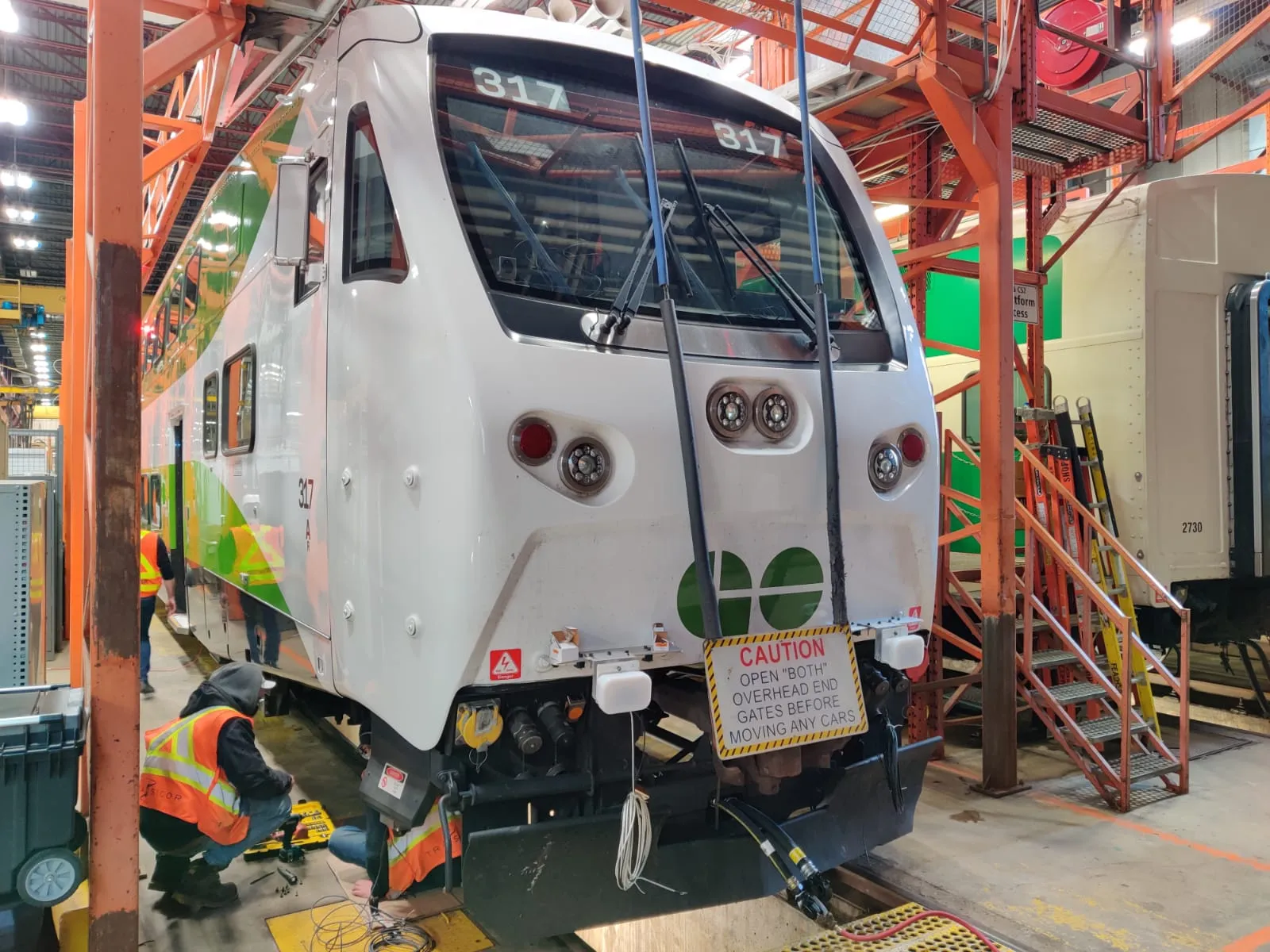Wabtec Corporation’s MotivePower subsidiary has signed a $45 million contract with Metrolinx, an agency of the Province of Ontario and the regional transportation authority for the Greater Toronto and Hamilton Area (GTHA), to repower 11 locomotives with new engines and propulsion systems that meet significantly higher environmental standards.
August 16, 2012
Read time: 1 min
Wabtec Corporation’s MotivePower subsidiary has signed a $45 million contract with 6394 Metrolinx, an agency of the Province of Ontario and the regional transportation authority for the Greater Toronto and Hamilton Area (GTHA), to repower 11 locomotives with new engines and propulsion systems that meet significantly higher environmental standards.
The locomotives, originally built by MotivePower about five years ago, will be repowered with new engines that meet Tier 4 emission standards, as set by the US1999 Environmental Protection Agency. They include technology that reduces diesel particulate emissions by about 85 per cent and NOx emissions by about 75 per cent compared to the current models.
"These will be the first North American passenger locomotives to be equipped with Tier 4 technology," said Albert J. Neupaver,6079 Wabtec's president and chief executive officer.
The locomotives, originally built by MotivePower about five years ago, will be repowered with new engines that meet Tier 4 emission standards, as set by the US
"These will be the first North American passenger locomotives to be equipped with Tier 4 technology," said Albert J. Neupaver,










